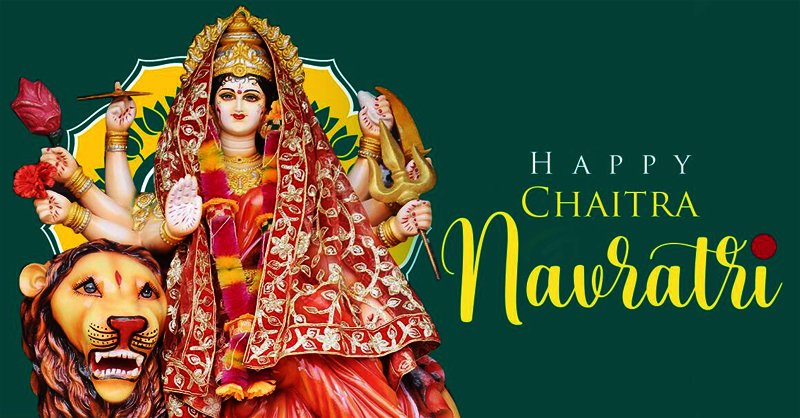Chaitra Navratri fasting rules: Check out the dos and don’ts
Chaitra Navratri is celebrated in the month of April and this year, it starts on 2nd April 2022 and ends on 11th April 2022. It is one of the most auspicious festivals of the Hindus. It starts from the first day of the Hindu month (lunar-solar calendar) Chaitra, from which the festival acquires its name.
Navratri is celebrated during seasonal change, and therefore, people observe a fast to avoid health issues. Interestingly, devotees fast for nine days and follow a few rules. This practice helps the body adapt to the changing weather conditions and awaken the spiritual side. Therefore, ahead of Chaitra Navratri, read on to know the vrat rules.
Chaitra Navratri celebrations start on the first day of Chaitra month, Shukla Paksha (waxing or brighter phase of the Lunar cycle). The day marks the beginning of the new Hindu Lunar Calendar. Also referred to as Vasanta Navratri, Chaitra Navratri commemorates the seasonal transition.
Likewise, Navratri is also celebrated during winters (Magh), monsoons (Ashadha) and autumn (Ashwina/famous as Sharadiya). And ardent devotees observe a fast during these nine days. However, Chaitra Navratri and Sharadiya Navratri are more popular.

Nonetheless, besides seeking spiritual bliss, devotees observe a fast to adapt themselves to the changing weather conditions. Hence, a great emphasis is laid on the foods consumed during Navratri. Ahead of Chaitra Navratri 2022, read on to know the Vrat rules.
Chaitra Navrtari Vrat Rules
- Wake early, take a bath, invoke Maa Durga and do Sankalpa (align yourself with the divine occasion and pledge to keep the vrat sincerely).
- Devotees observing a fast must practise celibacy.
- Do dhyana (meditation), read the Devi Mahatmya, chant shlokas/mantras and hymns dedicated to each of the nine forms of Maa Durga (Navdurga)
- During Navratri, do not consume garlic, onion, wheat, rice, lentils, and meat.
- Spices that generate heat must be avoided. For instance, Haldi (Turmeric), which has healing properties, is not added to Navratri food preparations because it produces heat. Likewise, Dhania (coriander), Hing (asafoetida), Garam Masala (mixed spice powder), Rai/Sarson (mustard), Lavang (clove) etc., should also not be used.
- Use Jeera (cumin seeds), Kaali Mirch (black pepper) and Sendha Namak (sea salt, instead of processed salt).
- Consumption of tobacco and alcohol is strictly prohibited.
- Devotees may include Kuttu, Singhara, Sabudana, Sama in their vrat diet. Milk and fruits also can be consumed.
- Heat-generating oils like mustard or sesame must be avoided. Use peanut oil or ghee (clarified butter) instead.
